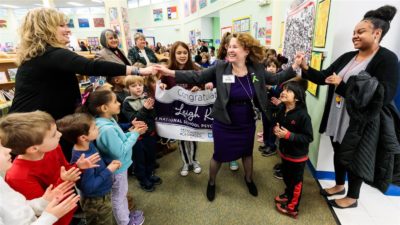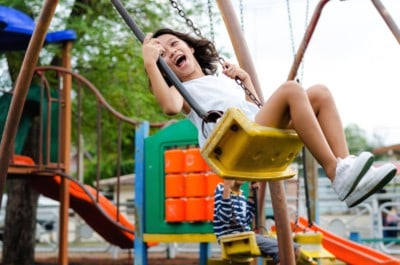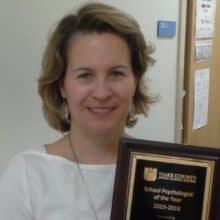
While closures for the rest of the school year were expected, the confirmation brings a soft sigh for the connections we’ll be missing. Springtime in schools is an exciting time with celebrations and milestones. Seniors won’t have a traditional graduation or in-person farewells with their classmates and favorite teachers. Eighth graders won’t experience award ceremonies and yearbook signings. Fifth graders will miss big field trips. Athletic events won’t happen.
These are meaningful milestones. I still remember those warm last days of school filled with laughter and bittersweet tears at different grades and the excitement of all that was to occur in my near future. Closure is so very important for people and occurs in a variety of ways. It’s a way of acknowledging a journey we’ve taken with others and for saying goodbye and thank you. It’s a natural way of launching into different phases of life.
While we won’t have the traditional means for closure or milestones that we planned for and highly anticipated, we still have social emotional connections that are so important to continue, especially for children. Even though these connections look and feel different, families are counting on us in schools to continue addressing their needs, and we are learning how to do this in innovative ways.
Psychological supports during this time have taken on a heightened level of priority, and with 1.5 million school children in North Carolina, we’ll have to be thoughtful when prioritizing students’ needs. School psychologists, along with the specialized instructional support personnel (SISP) teams we work with, continue to support these connections directly or indirectly with children and families.
A critical psychological support provided by some districts is a behavioral health helpline, which is a support for students and families who are facing issues with social isolation, depression, anxiety, suicidal ideation, self-harm, or other distress. Resources offered may include crisis counseling, short-term counseling, a link to needed resources, ways to manage stress, or behavior management techniques. Families can contact their child’s school district to inquire about a helpline that may be offered or to locate local resources.
Systematic check-ins on students who were receiving counseling or may have been frequent lunch buddies with a staff are occurring in many schools in order to maintain positive social connections. Schools understand that when families are stressed, distressing events occur at a much higher rate, putting students at risk. We empathize with the families who are under enormous pressure right now and help is available for those seeking it.
Specialized instructional support personnel teams are sometimes supporting our very own school staff who are struggling emotionally. In general, educators are an emotionally resilient crew, but everyone is vulnerable in the COVID-19 pandemic, and the weight of unknown variables takes its toll. Educators of students who live in trauma are known as trauma-adjacent and are at risk for experiencing what is known as compassion fatigue.
Some of the signs of compassion fatigue may include symptoms such as sadness, anxiety, withdrawal, mood swings, insomnia, depression, difficulty attending, and more. We’re finding increasing needs and help is being offered through Employee Assistance Programs (EAP), self-care skills, community mental health resources, and from fellow colleagues. We’re in this together.
Finally, special education staff, school psychologists, and school counselors have been working on telehealth guidance with state consultants. Our Department of Public Instruction consultants’ diligent work on guidance documents has increased our understanding of state and national resources.
Students with disabilities are being supported with adapted curriculum materials, in-depth parent consultations, differentiated instructional practices, individual support for navigating resources, Canvas courses, and more. A speech therapist described how she’s providing more detailed parent consultations on speech therapeutic practices.
This wasn’t the 2020 we expected, but at the end of week seven of a global pandemic, North Carolina’s public schools are doing remarkably well.
Recommended reading



